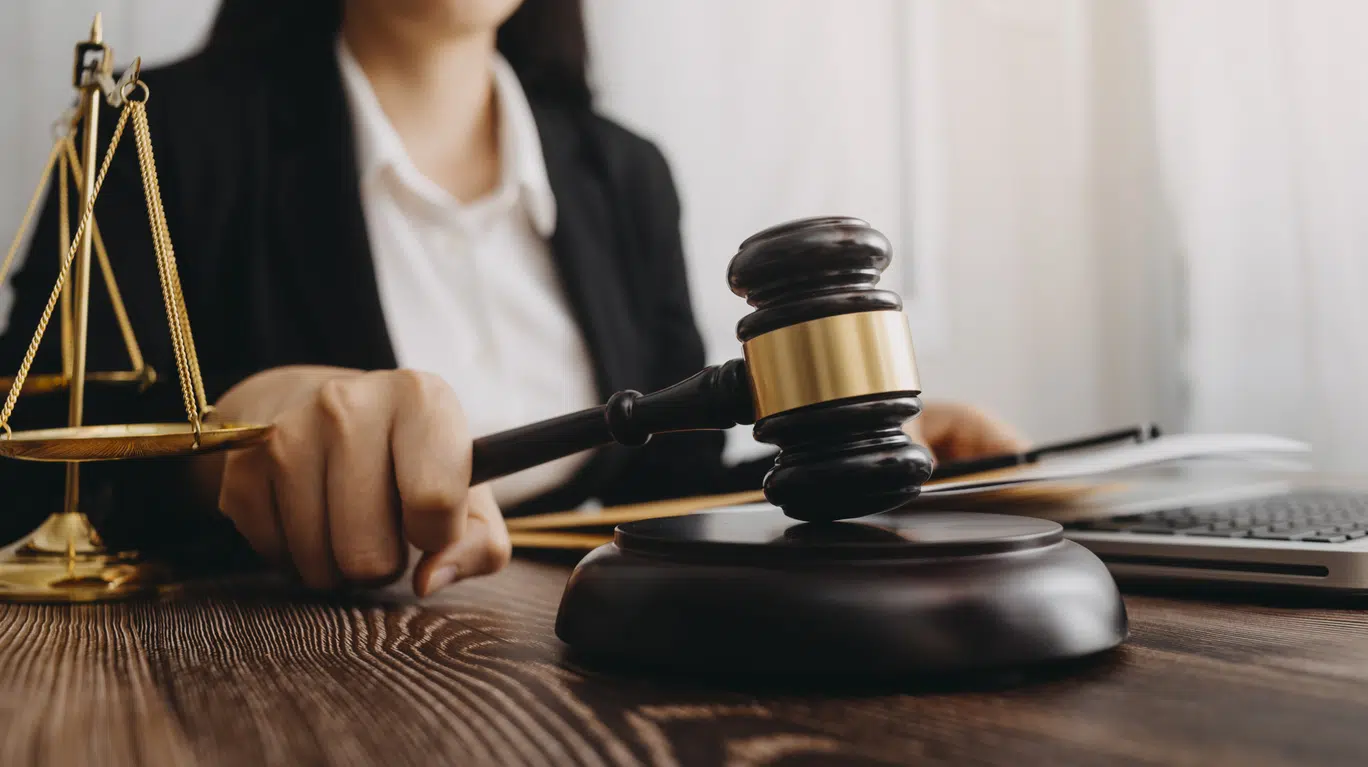 The right of publicity grants individuals the legal authority to control how their name, image, voice, or other identifiable aspects are used commercially. This right is particularly important in California, a state synonymous with entertainment and celebrity culture. In this article, we’ll explore the scope of the right of publicity, how it protects individuals, and the legal steps necessary to enforce it.
The right of publicity grants individuals the legal authority to control how their name, image, voice, or other identifiable aspects are used commercially. This right is particularly important in California, a state synonymous with entertainment and celebrity culture. In this article, we’ll explore the scope of the right of publicity, how it protects individuals, and the legal steps necessary to enforce it.
What Is the Right of Publicity?
The right of publicity is a form of intellectual property that ensures individuals can profit from their personal brand and identity while preventing unauthorized use for commercial gain. In California, this right is enshrined in both statutory and common law.
Statutory Protections
California’s Civil Code Section 3344 provides explicit protections for individuals, outlining penalties for unauthorized commercial use of a person’s name, likeness, or other defining characteristics.
Common Law Protections
Beyond statutory rights, California recognizes common law rights that include the broader protection of an individual’s identity, even in cases not explicitly covered by the statute.
Who Can Claim the Right of Publicity?
Living Individuals
All living individuals possess a right of publicity. This includes public figures like actors, athletes, and influencers, as well as private individuals who become commercially relevant.
Posthumous Rights
California extends the right of publicity for up to 70 years after a person’s death, enabling heirs or estate managers to protect the deceased’s identity from exploitation.
Violations of the Right of Publicity
Violations occur when an individual’s identifiable attributes are used without consent for commercial purposes, such as:
• Advertising: Using a person’s likeness in advertisements without permission.
• Merchandising: Selling products featuring an individual’s image or name.
• Media Use: Misappropriating personal attributes in movies, TV shows, or video games.
Key Legal Considerations
• Transformative Use: Courts may evaluate whether the use is transformative, meaning it significantly alters the original identity to create something new.
• Newsworthiness Exception: The right of publicity does not typically apply to news reporting or commentary, as these are protected under the First Amendment.
Enforcing the Right of Publicity
Protecting your right of publicity requires taking specific legal steps, including:
- Documenting the Violation: Gather evidence of the unauthorized use.
- Cease and Desist: Issue a formal request to stop the infringement.
- Legal Action: File a lawsuit to seek damages, which may include lost profits, statutory penalties, or punitive damages.
The right of publicity empowers individuals to protect their identity and profit from their personal brand. Whether you’re a public figure or a private individual, understanding and enforcing this right is critical. If you believe your right of publicity has been violated, Law Advocate Group, LLP can provide expert legal guidance. Contact us today for assistance in safeguarding your rights.



